Editorial: Student voices matter
Photo credit: Kristin Taylor
The Oracle Editorial Board is comprised of students from 10th to 12th grade. Because Archer student media are designated forums for student expression, the Editorial Board makes all final content decisions.
Today, Archer was one of twelve schools to receive the First Amendment Press Freedom award for the fourth consecutive year from the Journalism Education Association. This award is presented annually to schools across the country that safeguard student media’s freedoms of speech. Archer has designated both the Oracle and Archer’s yearbook, Hestia’s Flame, as protected forums for student expression that are not subject to prior review or restraint by school leadership.
This week is the anniversary of the landmark Supreme Court decision Tinker vs. Des Moines. The Oracle wants to commemorate this historic case while appreciating Archer’s support of student journalism.
In 1965 Des Moines, Iowa, 13-year-old Mary Tinker and a group of her classmates wore black armbands to school in order to peacefully protest the Vietnam War. The school administration requested that the students remove their black armbands. When Tinker and her classmates refused, the students were suspended from school. This issue of freedom of expression was taken all the way to the Supreme Court, which ruled that the students were protected under the First Amendment and it was their right to wear the armbands.
This empowering precedent was limited when, in 1988, Hazelwood East High School students brought a case to the Supreme Court case after their student newspaper was censored. School principal Robert E. Reynolds received the May 13 issue before it was published and deemed articles about divorce and teen pregnancy inappropriate.
Student Cathy Kuhlmeier brought the case to the Supreme Court alongside her peers. In a 5-to-3 decision, the court voted in favor of the school district, establishing that a high school-sponsored newspaper without a policy establishing it as a public forum could be censored when officials could “demonstrate a reasonable educational justification” and when censorship remained viewpoint neutral.
Unfortunately, the Hazelwood standard persists, limiting the potential of student journalists. Thirty-one years later, student voices are still being restricted by authority figures. In Arkansas last year, the school district suspended Harbor High School’s newspaper after they published a piece regarding the transfer of star football players to a rival school. In Utah, Herriman High administrators deleted the student newspaper’s story and suspended its website after students reported on a former teacher’s misconduct.
The troubling accounts of student censorship at other schools contrast sharply with Archer’s policies towards freedom of the press. The Editorial Board appreciates the respectful stance of Archer leadership and the opportunity for students to learn journalistic skills in a supportive educational environment.
The historical developments of the past 54 years lead us not only to celebrate our staff’s effort to promote student voices but also the people that support our work.

The Oracle's student editorial board, led by the Editor-in-Chief, makes all decisions that pertain directly to the Oracle and has final say over all content....

Emma London joined the Oracle as a correspondent in 2017 and as a staff writer in 2018. She is on Archer's equestrian team and plays the viola in upper...

Kristin Taylor teaches scholastic journalism at the beginning and advanced level, advising the Oracle and the yearbook, Hestia’s Flame. She is a strong...




![Freshman Milan Earl and sophomore Lucy Kaplan sit with their grandparents at Archer’s annual Grandparents and Special Friends Day Friday, March 15. The event took place over three 75-minute sessions. “[I hope my grandparents] gain an understanding about what I do, Kaplan said, because I know they ask a lot of questions and can sort of see what I do in school and what the experience is like to be here.](https://archeroracle.org/wp-content/uploads/2024/03/grandparents-day-option-2-1200x800.jpg)
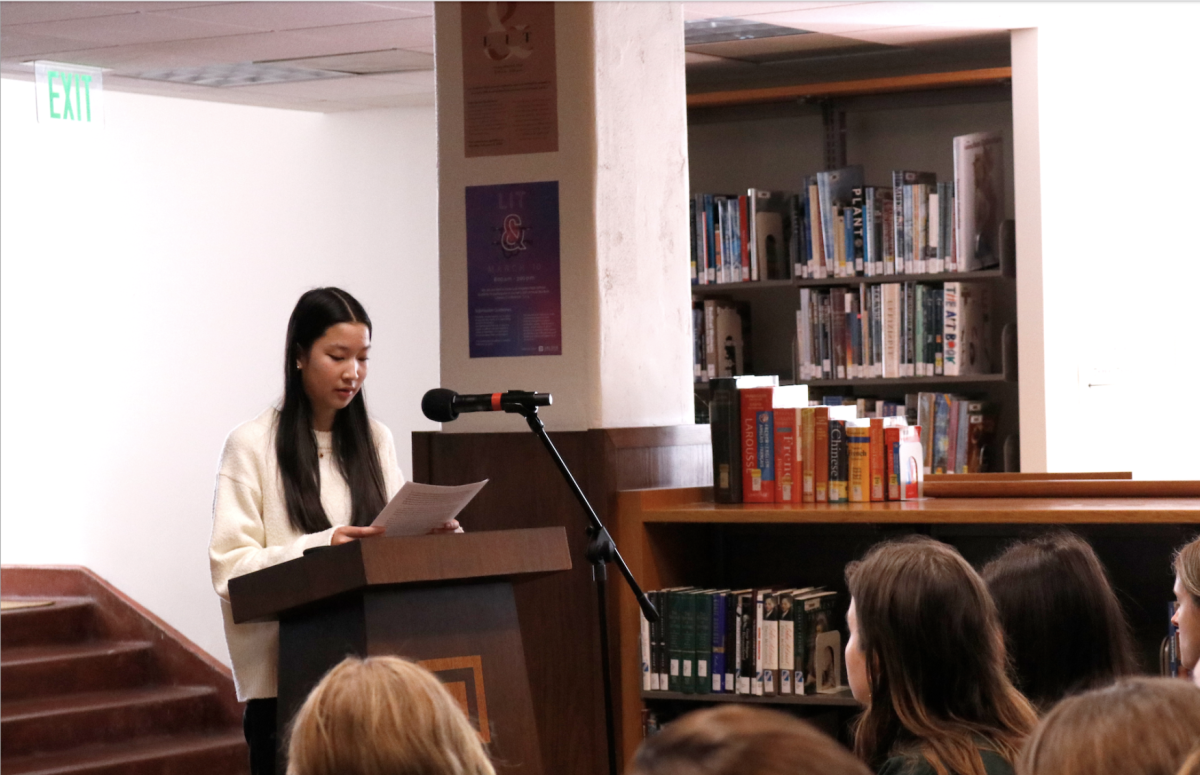










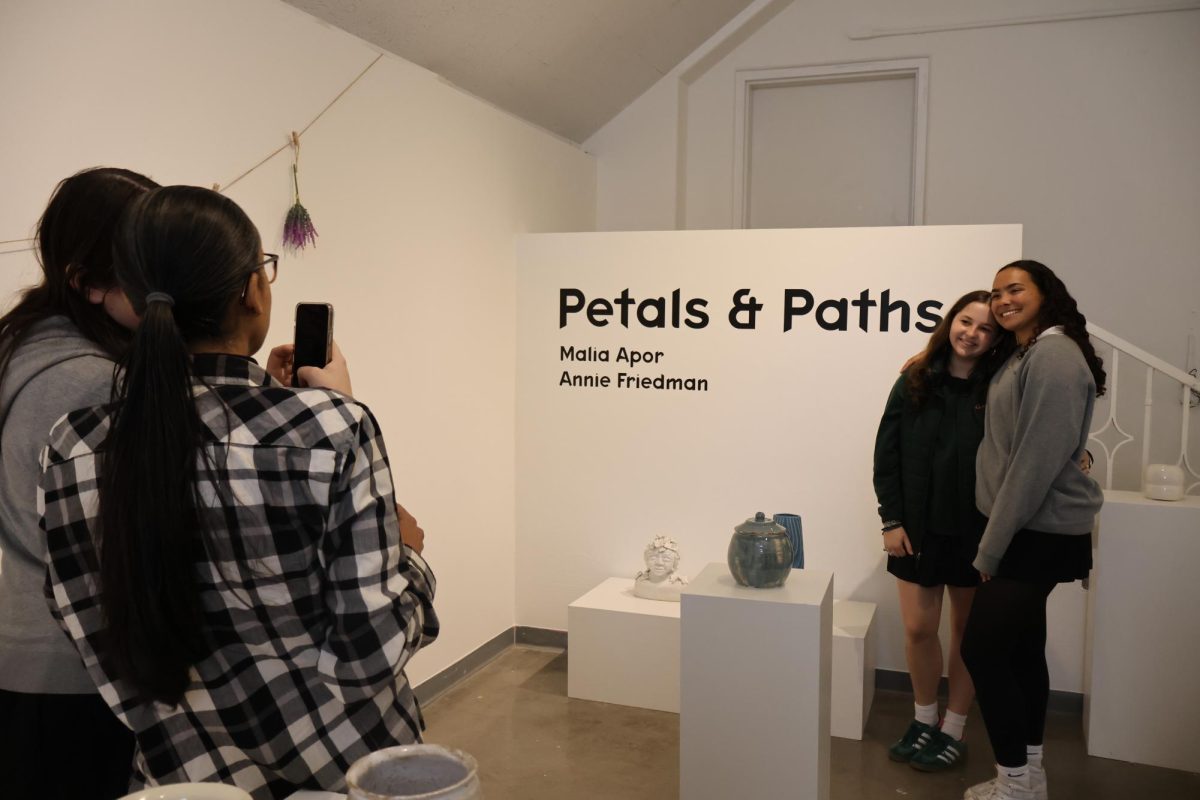






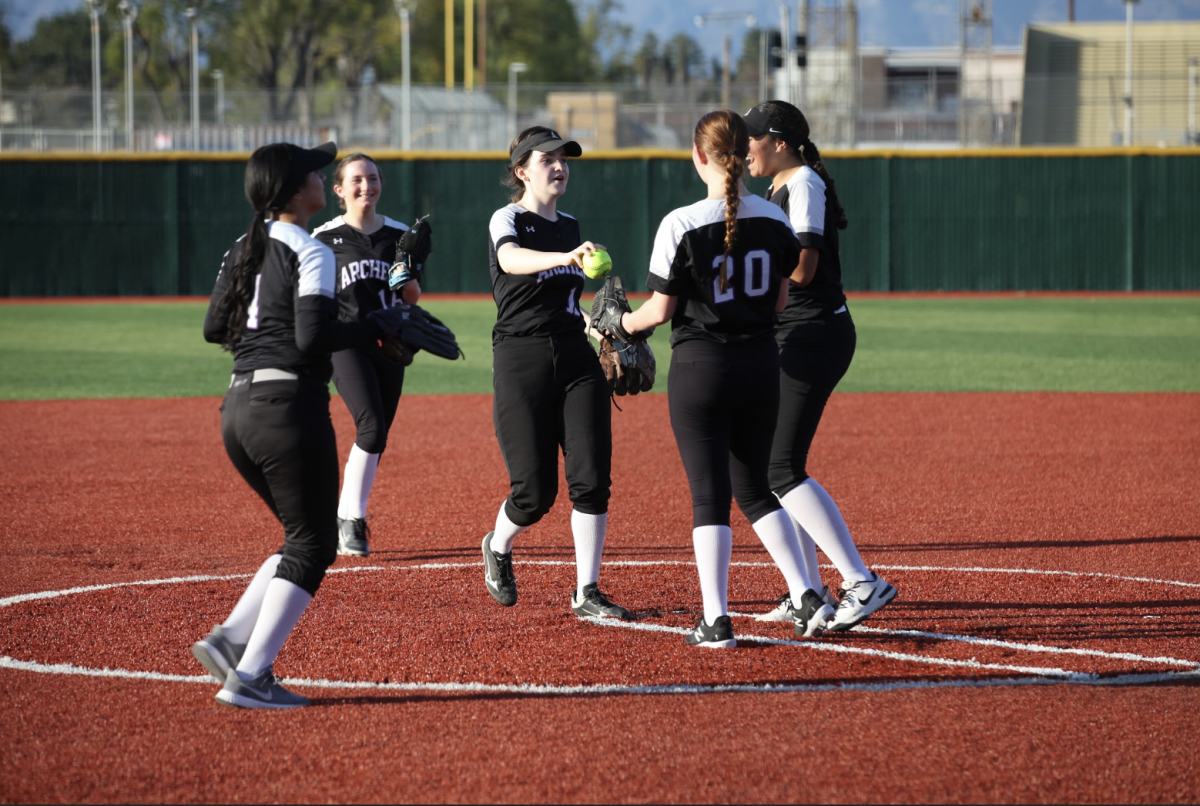

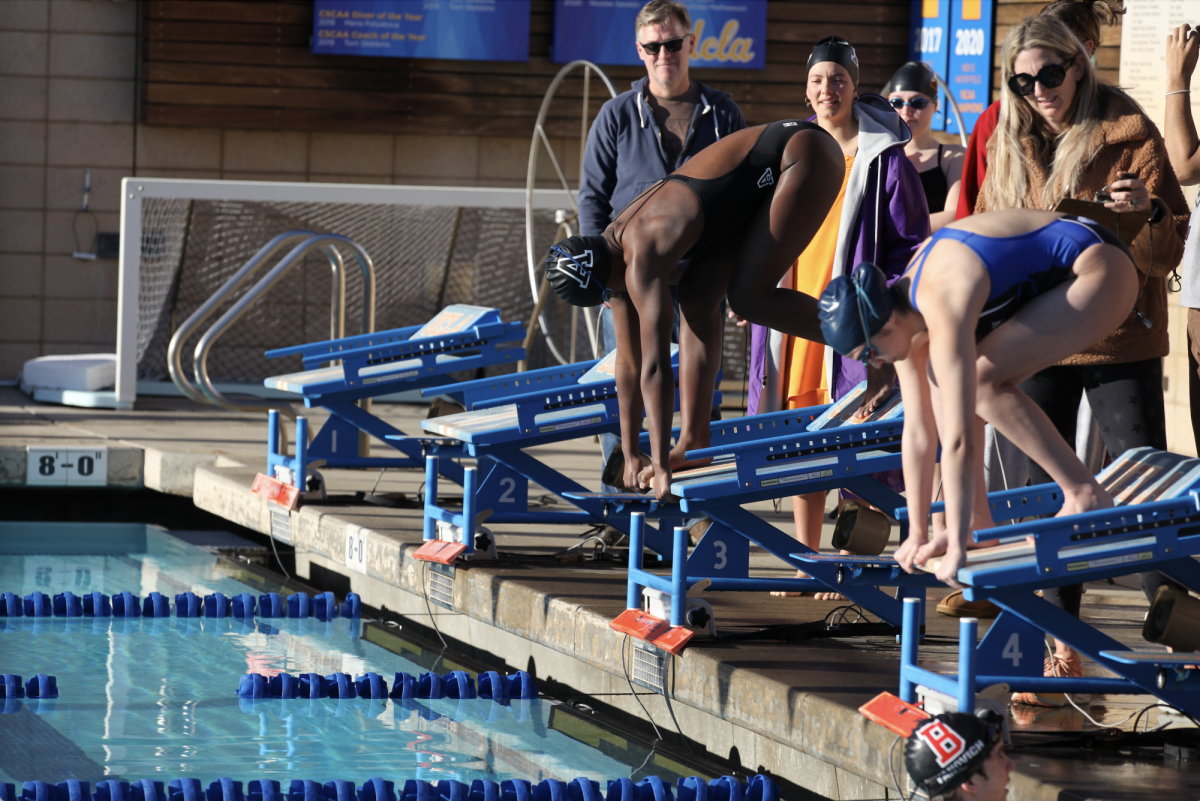
























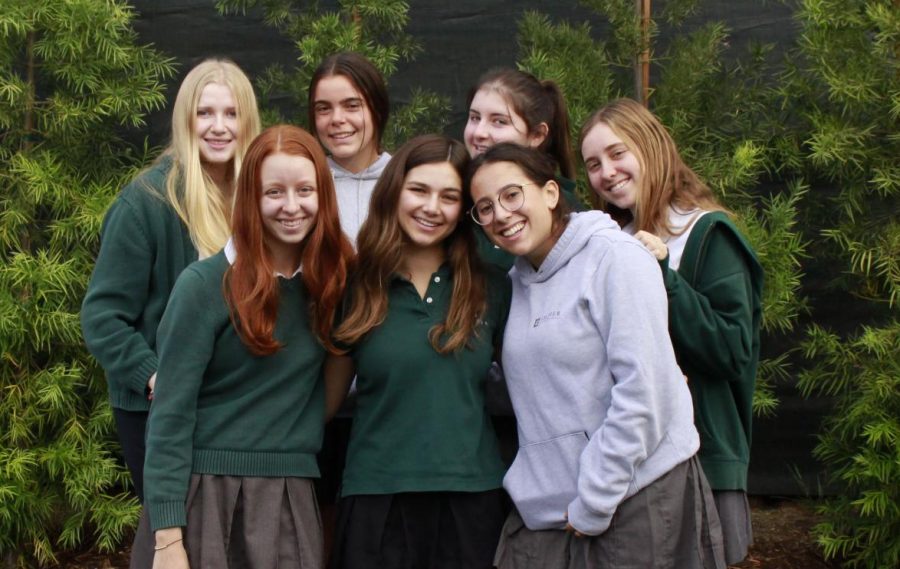



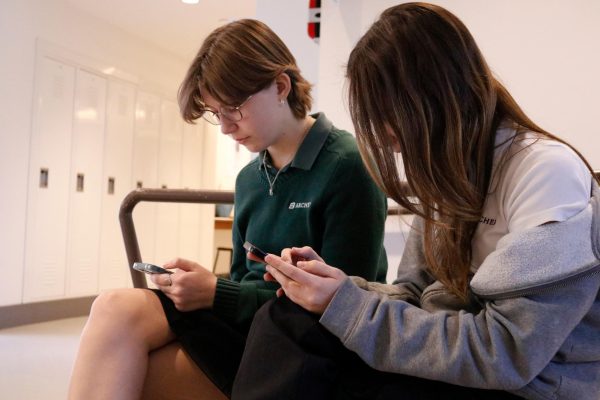

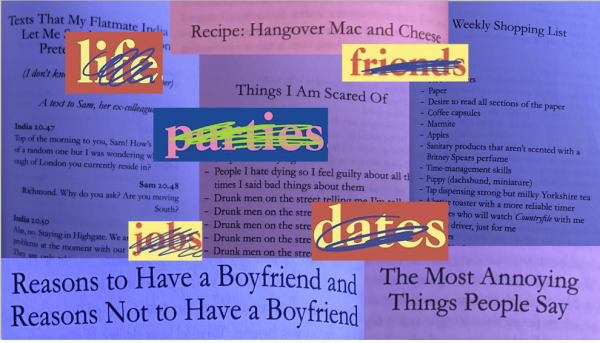

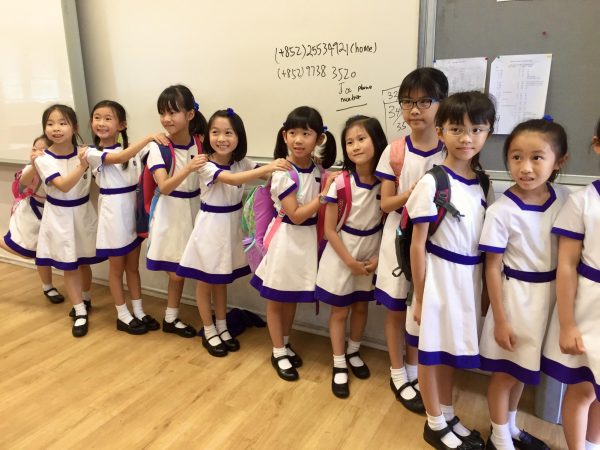
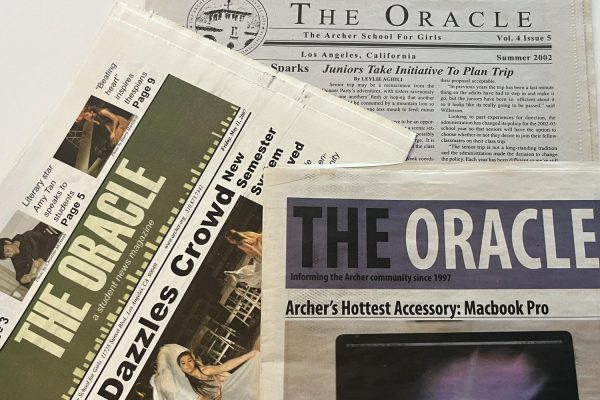
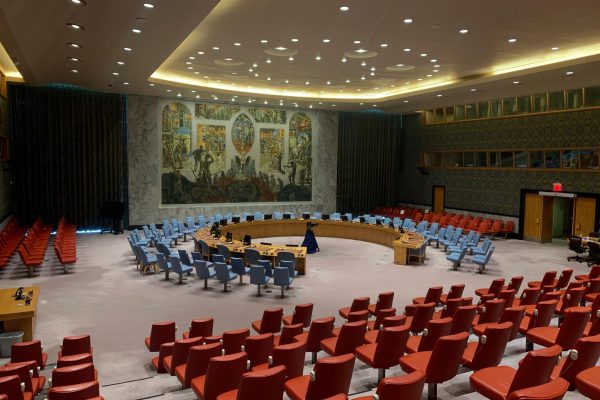


Anika • Feb 26, 2019 at 7:59 pm
BEYOND proud of you guys!! Keep up the amazing work, you’re killing it 🙂